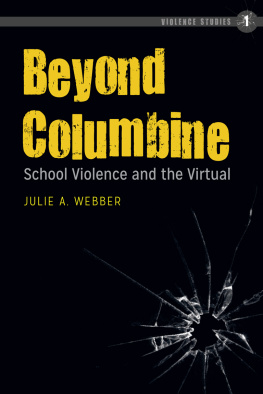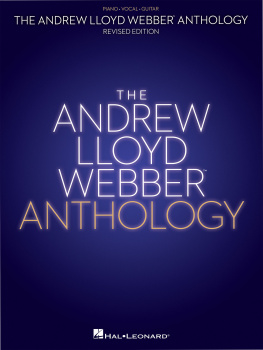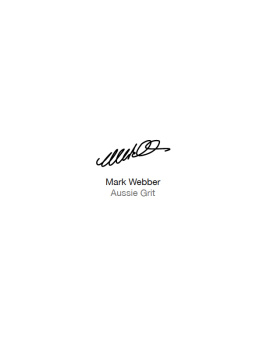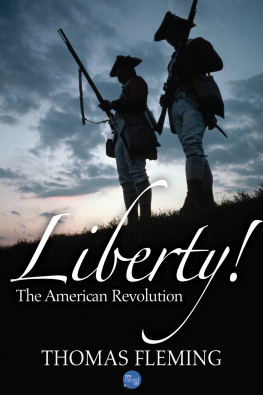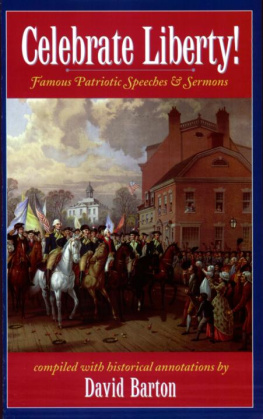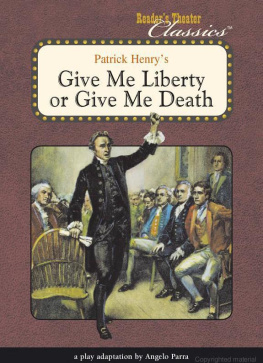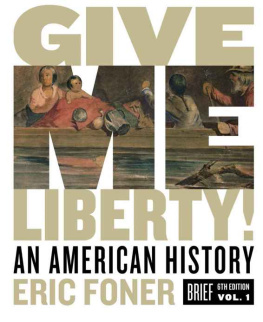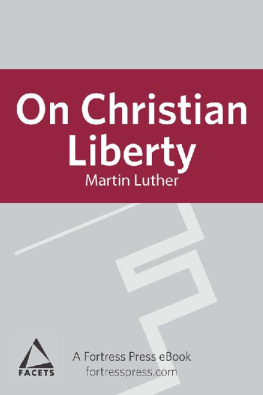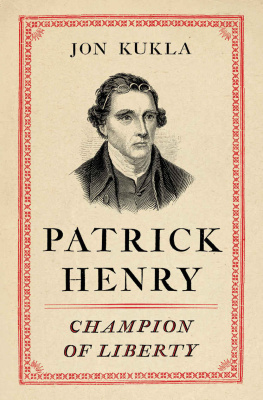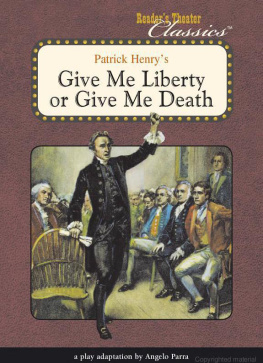Patrick Henry
17361799
I
W hen he brandished the ivory letter opener and uttered the words for which he will always be remembered, Patrick Henry was no newcomer on the political stage and it was not the first time he had laid out choices for his audience in dramatic terms. It was eleven years before that, in early December 1763, that a gangling, red-headed twenty-seven-year-old lawyer had come to the Hanover Courthouse in Hanover, Virginia, to try his first important case. Older and wiser lawyers had turned the case down because they thought the cause was hopeless and they would be embarrassed to be on the losing side. But Patrick Henry saw something more involved than a local issue and was willing to challenge his community to see what he saw.
Life in eighteenth-century Virginia was dominated by tobacco. The first colonists had come seeking gold; instead, they found a strange weed with leaves that could be dried, placed in a pipe, and burned to produce smoke that was pleasantly soothing when inhaled. As the years went by, more and more Europeans became addicted to this smoke, and the leaf of the tobacco became a kind of substitute for gold. In fact, when the colony issued paper money, it pictured not the king, as English money did, but crossed leaves of tobacco. No wonder, then, that tobacco itself was actually used as money and that even the clergy were paid in tobacco.
That payment system was the problem that confronted the court on that late autumn day and drew a larger than usual crowd to the Hanover Courthouse. Paying the clergy in tobacco was an old and well-established custom, fixed into law in the previous century. Since the Church of England was the established church in the colony, salaries were set by the government; the basic annual payment for each member of the clergy was sixteen thousand pounds of tobacco. The average price for tobacco was a few cents a pound, so clergy might expect to receive the equivalent of four or five hundred dollars a year when they sold their allotment. It was hardly a generous stipend, but it was sufficient to bring an adequate supply of clergy to the New World and sustain them. They would grumble, of course, when the price was low, but sometimes the price would rise and clerical spirits would rise as well.
All went smoothly enough until a severe drought struck the colony in the summer of 1755 and the tobacco crop suffered. A smaller crop, however, meant a higher price for tobacco and a pleasant windfall for the clergy. But the growers were less well pleased. A higher price for a smaller crop left them no better off and, indeed, worse off since they had to pay more to the clergy. The Assembly therefore passed a law allowing the clergy to be paid in money rather than tobacco at the rate of about two cents a pound. Normally acts of the colonial legislature had to be approved by the king, but this time the law was to be put in place without any such delay. The clergy, not surprisingly, were alarmed at this direct attack on their purses and began to send complaints and appeals and petitions to friends and representatives in England. It was, they said, contrary to the liberty of the subject that they should be treated in this way. Already, then, liberty had become an issueand, as so often happens, the same act that brought greater freedom to some took it away from others. The planters efforts to be free of debt meant a loss of economic freedom for the clergy.
With a long sea voyage separating the colony from the king, disputes such as this were not quickly settled. The law expired in any event after ten months, and the colony might have moved on to other mattersexcept that one of the leading clergy pushed back against the legislators a little too hard by suggesting that some of them should be hanged and by letting it be known that he would refuse them communion if they came to his church. That made it easier for the legislators to pass another two-penny act in 1758 when, again, the crop was small and the price high. This time, also, there was no provision for the royal approval, and this time the act was in effect for twelve months instead of ten.
If one side raised the stakes, the other side could do so as well. The clergy held a protest meeting in Williamsburg early in 1759 and sent one of their number, John Camm, to England to present their case to the Privy Council and Lords of Trade. Such an appeal, over the heads of the colonial governor and Assembly, was an extreme procedure and not likely to win points at home for the clergy. The planters enjoyed their comfortable lives at a distance from royal authority and were outraged that the clergy should appeal to royal authority against them. For all their faults, the clergy had not been unpopular in the colony, but now voices began to be raised against them; and when the Privy Council overruled the House of Burgesses, the colonys own legislature, and decreed an end to the tax, there were many who felt that the issue was no longer justice for the clergy but one of home rule versus a distant authority. Now the question was whether laws should be made and taxes imposed by people who had no knowledge of local American affairs and no need to answer to those they ruled.
Nevertheless, the law was the law, and it seemed that the clergy had the law on their side. When a local pastor named James Maury sued for back pay, the justices agreed that he was entitled to be paid at the full value of the tobacco crop and upheld his plea for the money due him under the law. So clear was the legal situation that the lawyer hired by the planters to defend their cause and their pocketbooks withdrew from what seemed a hopeless case. In desperation, the planters turned to the young and untested Patrick Henry, who had been admitted to the bar only three years earlier after a few brief months of training. Henry, who needed the money and welcomed the chance to become better known, agreed to take the case.
Virginia was the largest of the American colonies but still a small community by modern standards. It was a place where most people knew each other and family ties went back many generations. The Henry family, on the other hand, were relatively recent arrivals: Patricks father, John Henry, had come from Scotland as a young man only thirty-three years earlier, but the family had quickly put down roots and become leading members of the community. Indeed, John Henry was chief justice of the court before which Patrick would make his case, and the uncle, for whom Patrick was named, was one of the clergy offended by the two-penny law. Thus, all eyes were on the young lawyer who would offend a substantial part of the community including his uncle if he wonand would embarrass himself before his father and friends if he lost.
There are no transcripts of the speech Patrick Henry made on that critical day in his career, but those who were there testified later that he began slowly and hesitantly, as if unsure of himself, but moved on with increasing confidence until his words rang out with authority and passion. The legal facts could hardly be argued, but there was room for a broad emotional appeal. Argument weak, shout louder, is an ancient oratorical technique. What was legal was one thing; what seemed fair, especially to the planters, was another. What right had an English court to rule for Virginians? What right had the clergy to the sympathies of those they had failed to serve?
The existing laws were clear, so the young lawyer spent little time discussing them but instead broadened the case to examine the very fundamentals on which government is based. Thomas Jefferson, who had just finished college and begun to study law, may well have been in the audience as Patrick Henry, only a few years older than he, moved away from the specifics of the case to discuss the natural rights of subjects and the compact theory of government. These rights, Jefferson would later assert in writing the Declaration of Independence, are self-evident, and on that same basis the young Patrick Henry proclaimed to the courtroom that a king, by annulling or disallowing laws of this salutary nature, from being the father of his people degenerates into a tyrant and forfeits all right to his subjects obedience.


